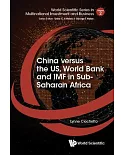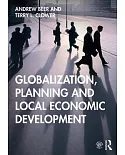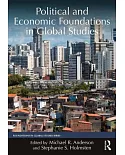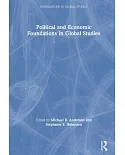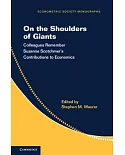In the context of globalization, Turkey plays a unique role. Poised both geographically and culturally between Europe and the Middle East, with a formidable political history in both realms and
a thriving modern economy, its domestic affairs inevitably take on a significance that transcends its borders. Among these its employment relations regime, as it sets about conforming to the
neoliberal standards of globalization, prove to be of compelling interest for labour law professionals everywhere. This collection of thirteen essays by notable Turkish legal academics in the
field presents practitioners and researchers with in-depth analysis and commentary on such aspects as the following: ways to raise the floor on working conditions; impact of multinational
corporations’ research and development activities on skills and labour costs; education inequalities, skills development, and the role of technology; environment and sustainability issues;
Turkey’s proposed severance pay fund as a flexicurity measure; the nature of subcontracted labour particularly as revealed in Turkey’s shipbuilding industry; labour unionism and collective
bargaining; female employment and gender-based discrimination; and mobbing and workplace bullying. The overall analysis does justice to the book’s stated aim of exploring the integration of
Turkey’s system of labour and employment relations through transnational connections which have reached levels that can no longer be restricted to national boundaries.



